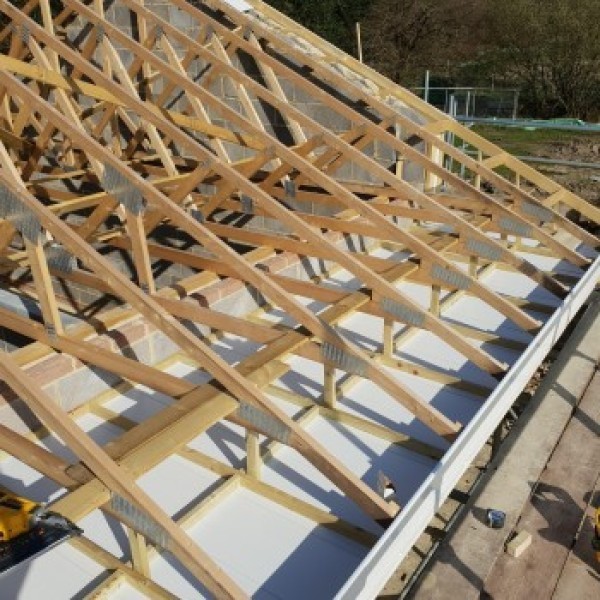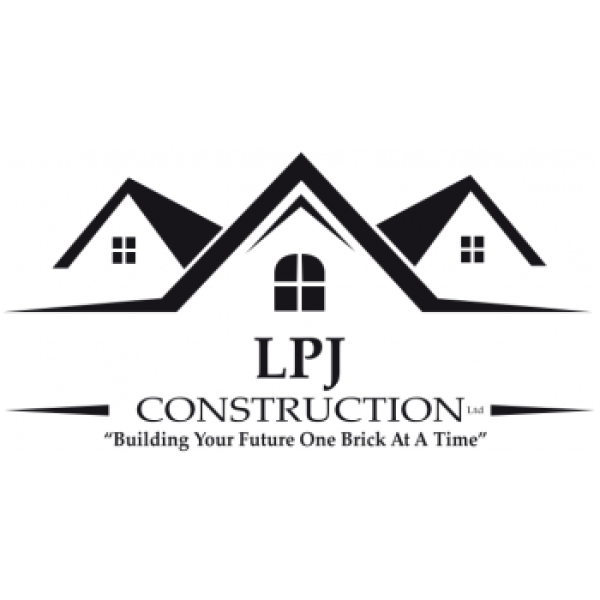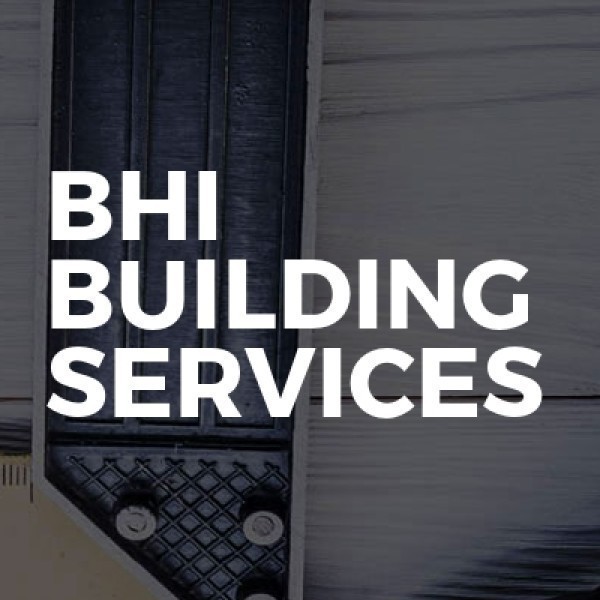Kitchen Fitters in Havant
Filter your search
Post your job FREE and let trades come to you
Save time by filling out our simple job post form today and your job will be sent to trades in your area so you can sit back, relax and wait for available trades to contact you.
Post your job FREESearch Kitchen Fitters in places nearby
Understanding the Role of Kitchen Fitters in Havant
When it comes to transforming your kitchen into a functional and stylish space, kitchen fitters in Havant play a crucial role. These skilled professionals are responsible for installing kitchen units, appliances, and fittings, ensuring everything is perfectly aligned and operational. Whether you're renovating an old kitchen or setting up a new one, understanding the role of kitchen fitters can help you make informed decisions.
The Importance of Professional Kitchen Fitters
Hiring professional kitchen fitters is essential for several reasons. Firstly, they bring expertise and experience to the table, ensuring that every aspect of your kitchen installation is handled with precision. Secondly, they can save you time and effort, allowing you to focus on other aspects of your renovation project. Lastly, professional fitters can provide valuable advice on design and functionality, helping you create a kitchen that meets your needs and preferences.
Skills and Qualifications of Kitchen Fitters
Kitchen fitters in Havant typically possess a range of skills and qualifications. They are adept at measuring and cutting materials, assembling units, and installing plumbing and electrical fixtures. Many fitters have completed apprenticeships or vocational training programs, equipping them with the knowledge and skills needed to excel in their field. Additionally, they often hold certifications in health and safety, ensuring that all installations are carried out safely and in compliance with regulations.
Tools and Equipment Used by Kitchen Fitters
To carry out their work effectively, kitchen fitters rely on a variety of tools and equipment. Common tools include saws, drills, screwdrivers, and measuring tapes. They also use specialised equipment such as jigs and clamps to ensure precise installations. By using the right tools, fitters can achieve a high level of accuracy and finish, resulting in a kitchen that looks great and functions well.
Planning Your Kitchen Renovation
Before engaging kitchen fitters in Havant, it's important to plan your kitchen renovation carefully. This involves considering factors such as layout, design, and budget. By taking the time to plan, you can ensure that your new kitchen meets your needs and enhances the overall value of your home.
Designing the Perfect Kitchen Layout
The layout of your kitchen is a critical factor in its functionality. When designing your kitchen, consider the work triangle, which refers to the optimal arrangement of the sink, stove, and refrigerator. A well-designed work triangle can make cooking and cleaning more efficient. Additionally, think about the flow of traffic in your kitchen and ensure there is enough space for people to move around comfortably.
Choosing the Right Materials and Finishes
The materials and finishes you choose for your kitchen can have a significant impact on its appearance and durability. Popular materials for kitchen units include wood, laminate, and stainless steel. When selecting finishes, consider factors such as ease of cleaning, resistance to wear and tear, and aesthetic appeal. Your kitchen fitter can provide guidance on the best materials and finishes for your needs.
Setting a Realistic Budget
Setting a realistic budget is an important step in the kitchen renovation process. Consider the cost of materials, labour, and any additional expenses such as permits or design fees. It's also wise to set aside a contingency fund for unexpected costs. By establishing a clear budget, you can avoid overspending and ensure that your renovation stays on track.
Finding the Right Kitchen Fitters in Havant
Choosing the right kitchen fitters in Havant is crucial to the success of your renovation project. With so many options available, it's important to take the time to research and select a fitter who meets your needs and expectations.
Researching Potential Fitters
Start by researching potential kitchen fitters in your area. Look for fitters with positive reviews and a strong reputation for quality work. You can also ask for recommendations from friends or family members who have recently completed kitchen renovations. Additionally, check online directories and trade associations for a list of qualified fitters in Havant.
Evaluating Quotes and Services
Once you've identified a few potential fitters, request quotes and evaluate their services. Compare the cost of labour, materials, and any additional services offered. It's important to choose a fitter who offers a fair price and a comprehensive range of services. Don't be afraid to ask questions about their experience, qualifications, and approach to kitchen fitting.
Checking References and Credentials
Before making a final decision, check the references and credentials of your chosen kitchen fitter. Contact previous clients to ask about their experience and satisfaction with the fitter's work. Additionally, verify that the fitter holds any necessary licenses or certifications. By doing your due diligence, you can ensure that you hire a trustworthy and competent professional.
Preparing for the Installation Process
Once you've selected your kitchen fitter, it's time to prepare for the installation process. This involves coordinating with the fitter, clearing the work area, and ensuring that all necessary materials and appliances are on hand.
Coordinating with Your Kitchen Fitter
Effective communication with your kitchen fitter is key to a successful installation. Discuss the timeline for the project and any specific requirements or preferences you have. Regularly check in with the fitter to ensure that everything is progressing smoothly and address any concerns that may arise.
Clearing the Work Area
Before the installation begins, clear the work area of any personal items or obstacles. This will allow the fitter to work efficiently and safely. If necessary, arrange for temporary storage of kitchen items during the renovation process. By preparing the work area, you can help ensure a smooth and hassle-free installation.
Ensuring Materials and Appliances Are Ready
Make sure that all materials and appliances are ready and available for the installation. This includes kitchen units, countertops, sinks, and appliances such as ovens and refrigerators. If any items are on order, confirm their delivery dates to avoid delays. By having everything ready, you can help the fitter complete the installation on time and to a high standard.
Common Challenges and Solutions in Kitchen Fitting
Kitchen fitting can present a range of challenges, from unexpected structural issues to design changes. However, with careful planning and the right approach, these challenges can be overcome.
Dealing with Structural Issues
Structural issues such as uneven floors or walls can complicate the kitchen fitting process. To address these challenges, your fitter may need to make adjustments or carry out additional work. It's important to discuss any potential structural issues with your fitter before the installation begins, so they can plan accordingly.
Managing Design Changes
Design changes can occur for a variety of reasons, such as discovering a better layout or needing to accommodate new appliances. If you need to make changes to your kitchen design, communicate with your fitter as soon as possible. They can help you assess the feasibility of the changes and make any necessary adjustments to the installation plan.
Ensuring Quality and Safety
Quality and safety are paramount in any kitchen fitting project. Ensure that your fitter follows best practices and adheres to all relevant safety standards. Regularly inspect the work to ensure it meets your expectations and address any concerns promptly. By prioritising quality and safety, you can enjoy a kitchen that is both beautiful and functional.
Maintaining Your Newly Fitted Kitchen
Once your kitchen has been fitted, proper maintenance is essential to keep it looking and functioning at its best. Regular cleaning and care can extend the lifespan of your kitchen and preserve its appearance.
Cleaning and Care Tips
To maintain your kitchen, clean surfaces regularly with appropriate cleaning products. Avoid using abrasive cleaners that can damage finishes. Pay special attention to high-use areas such as countertops and sinks. Additionally, regularly check and maintain appliances to ensure they are in good working order.
Addressing Wear and Tear
Over time, wear and tear can affect the appearance and functionality of your kitchen. Address minor issues promptly to prevent them from becoming major problems. This may involve repairing scratches, replacing worn-out hardware, or resealing countertops. By staying on top of maintenance, you can keep your kitchen in top condition.
Planning for Future Upgrades
As your needs and preferences change, you may wish to upgrade certain aspects of your kitchen. Whether it's installing new appliances or updating the design, planning for future upgrades can help you make informed decisions. Discuss your long-term plans with your kitchen fitter to ensure that any upgrades are compatible with your existing setup.
Frequently Asked Questions
- What qualifications should I look for in a kitchen fitter? Look for fitters with relevant vocational training, certifications in health and safety, and a strong track record of successful installations.
- How long does a typical kitchen fitting take? The duration of a kitchen fitting can vary depending on the complexity of the project, but it typically takes between one to two weeks.
- Can I make changes to my kitchen design during the fitting process? Yes, but it's important to communicate any changes to your fitter as soon as possible to assess feasibility and adjust the plan accordingly.
- What should I do if I encounter structural issues during the fitting? Discuss any structural issues with your fitter, who can advise on the best course of action and make necessary adjustments.
- How can I ensure the quality of my kitchen fitting? Choose a reputable fitter, communicate clearly, and regularly inspect the work to ensure it meets your expectations.
- What maintenance is required for a newly fitted kitchen? Regular cleaning, addressing wear and tear, and planning for future upgrades are key to maintaining your kitchen.



































